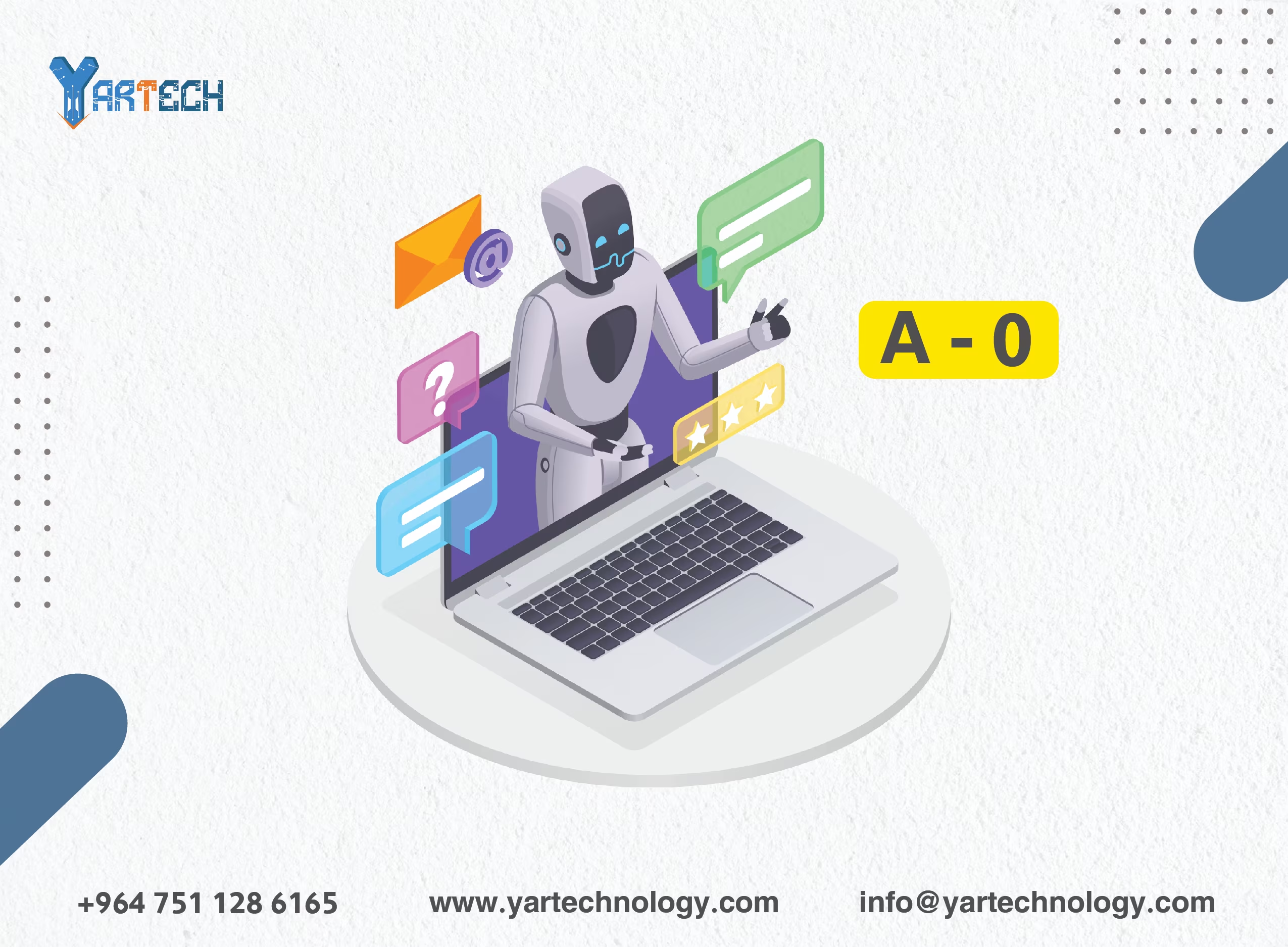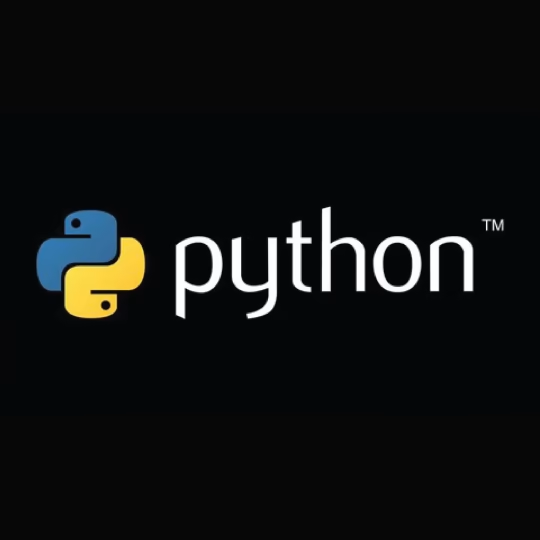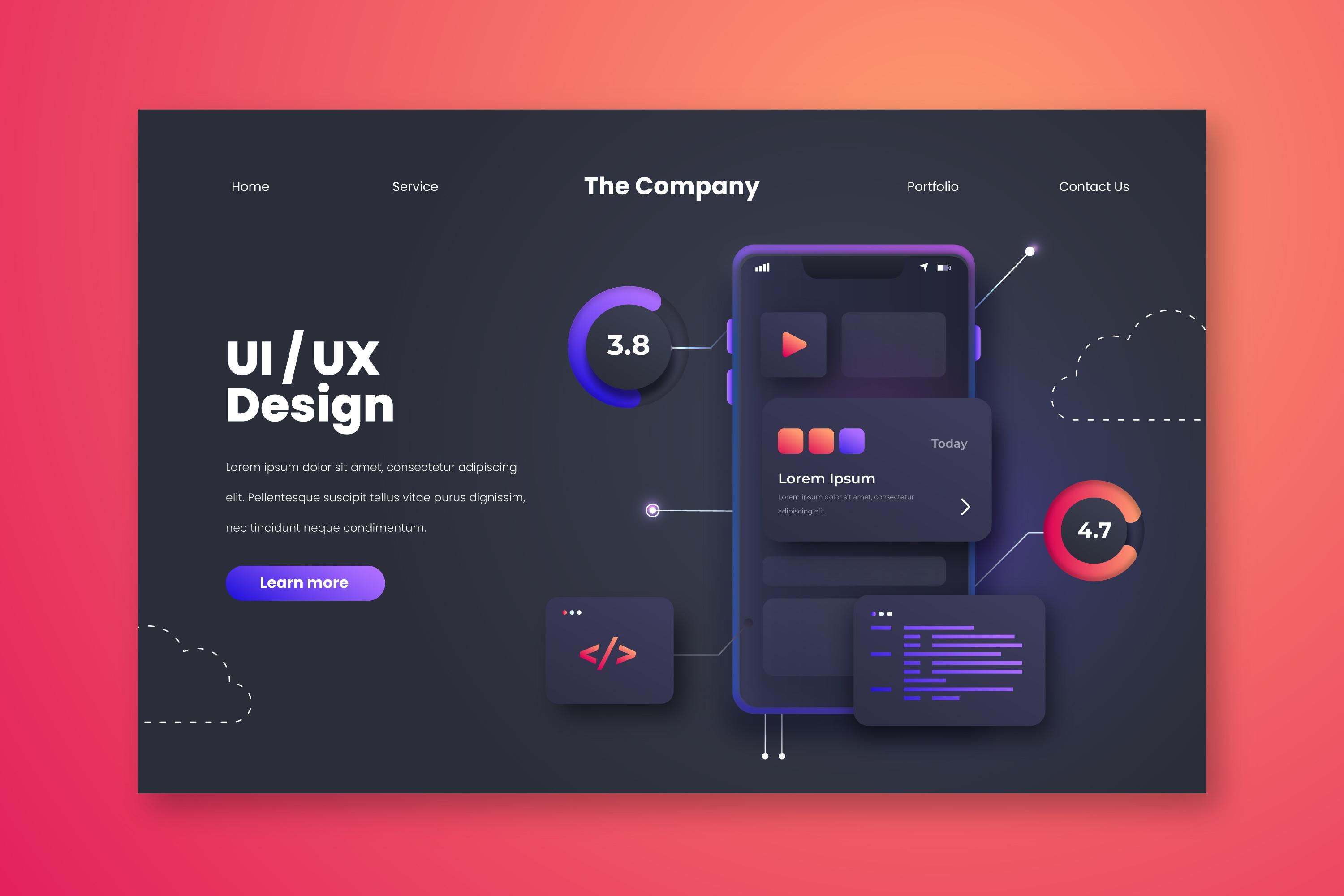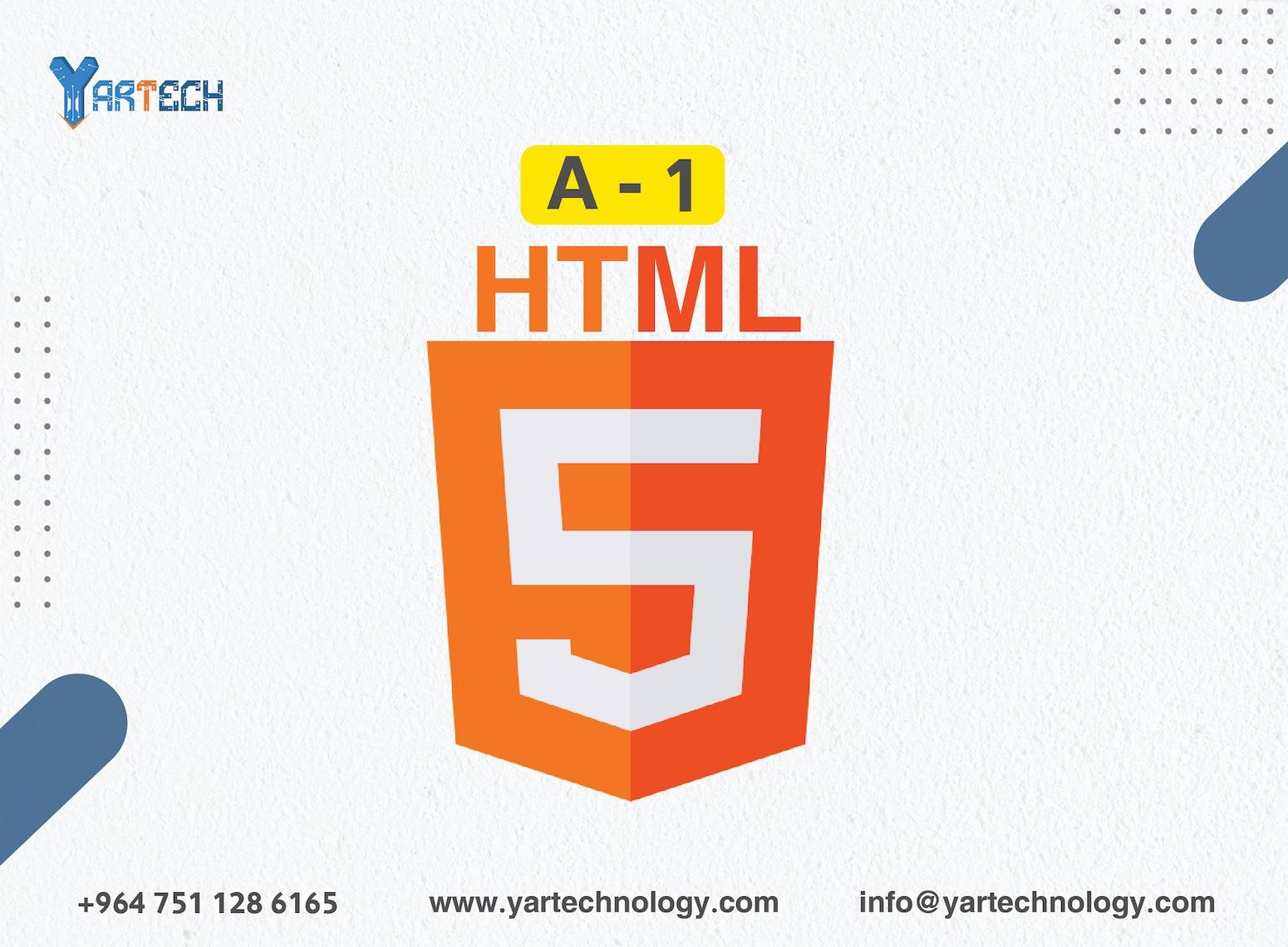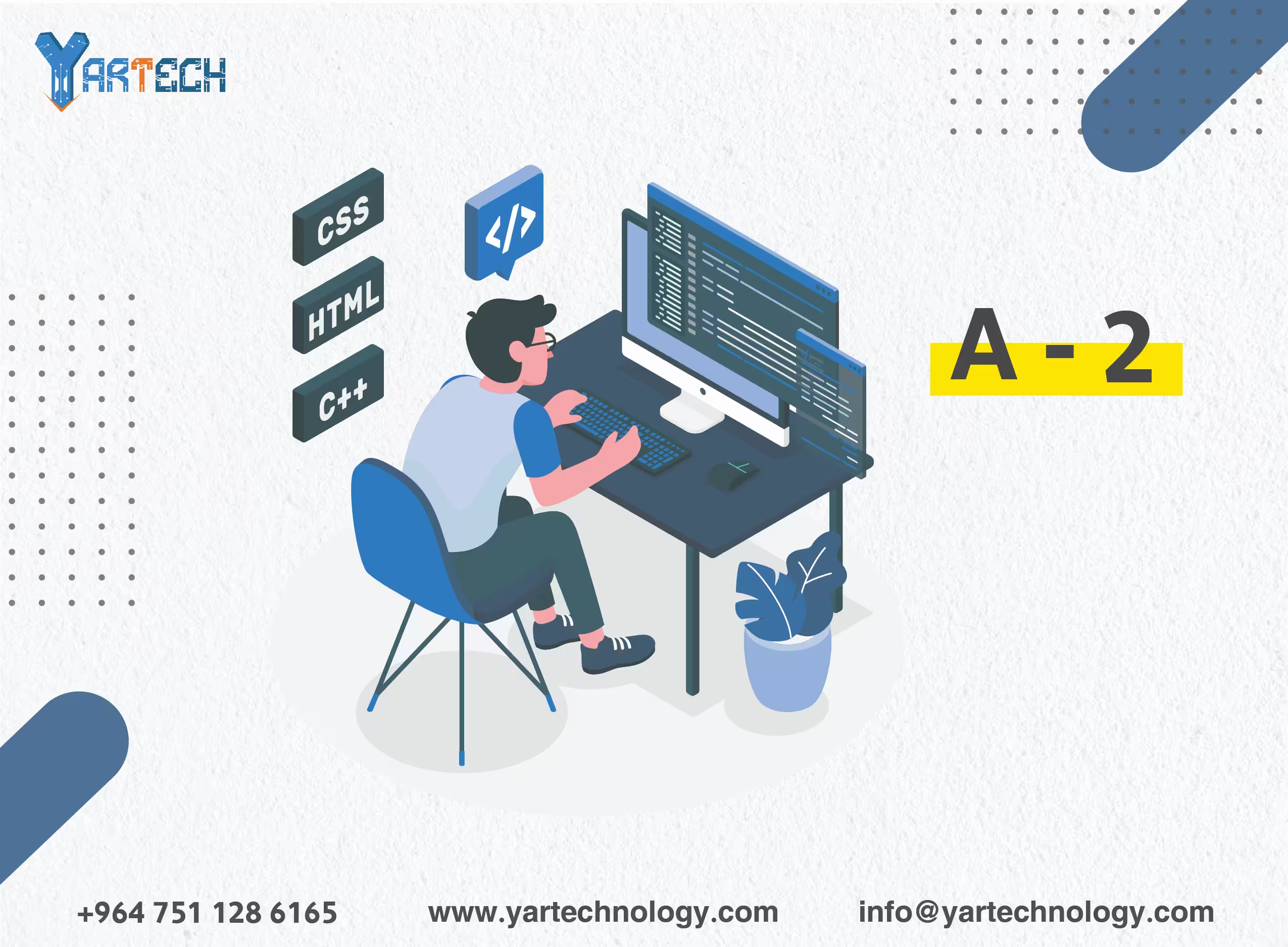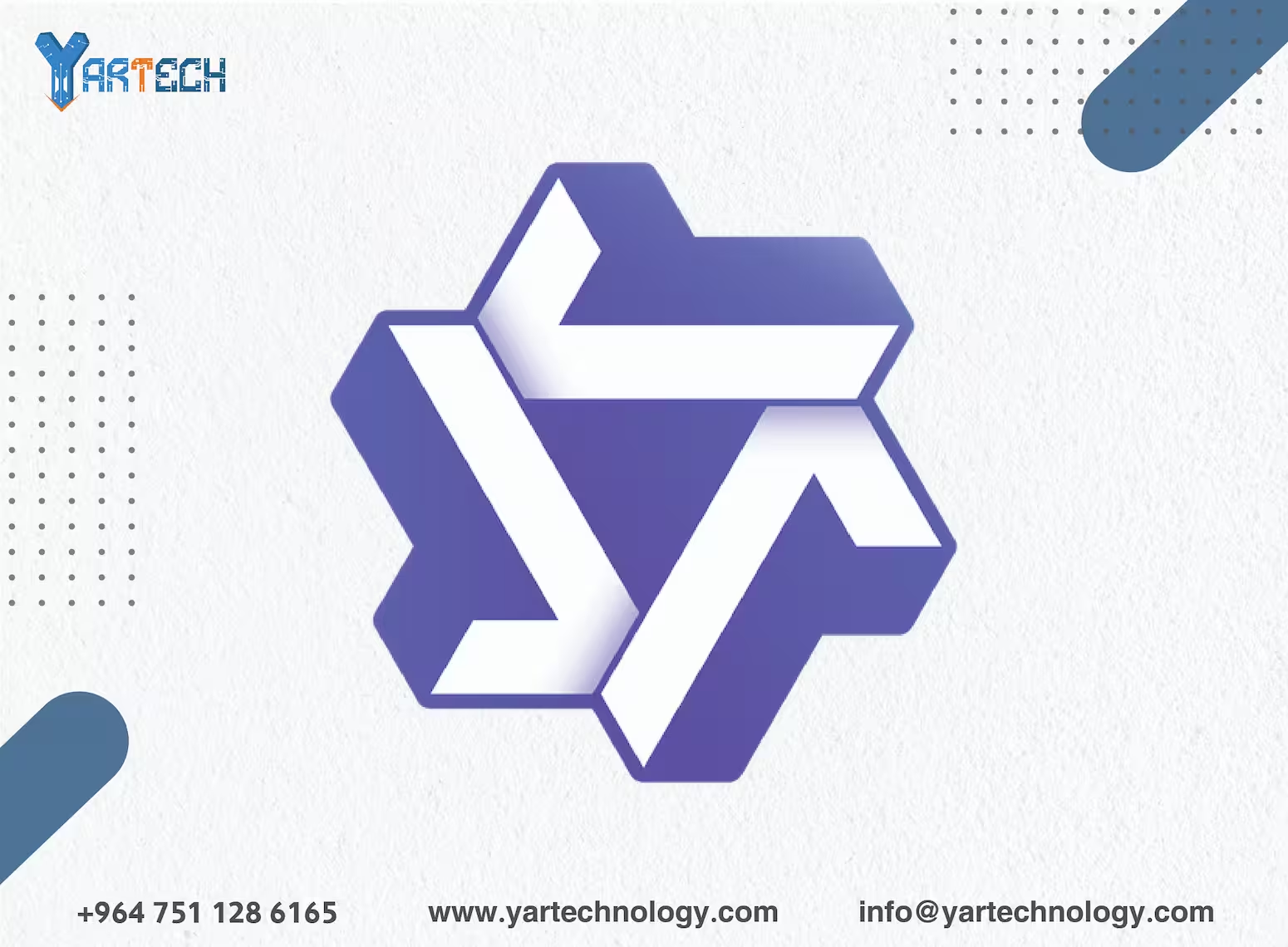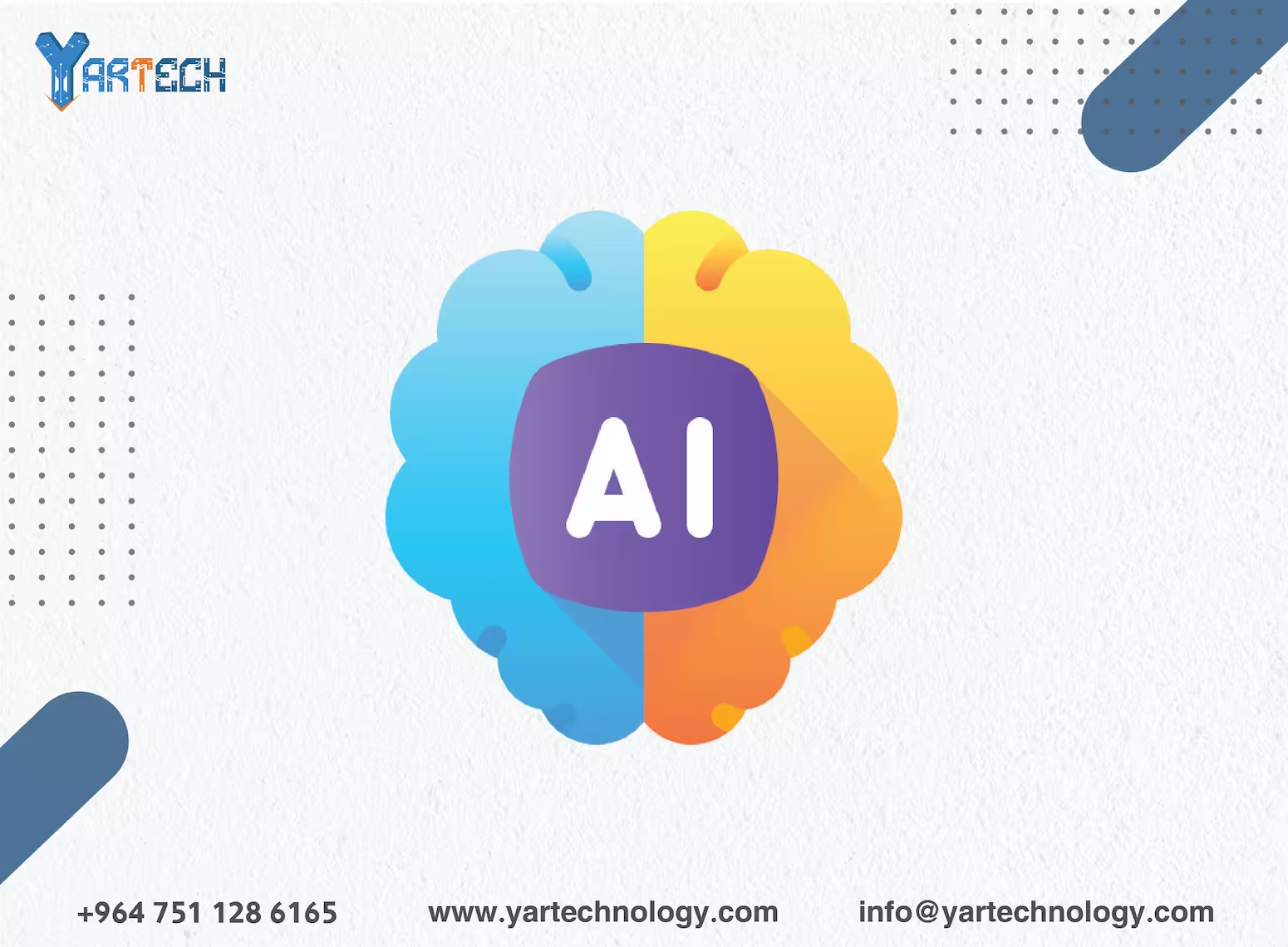Differences Between Android and iOS
Mobile Application Development: Differences Between Android and iOS and Best Practices
Dart & Flutter
December 23, 2024
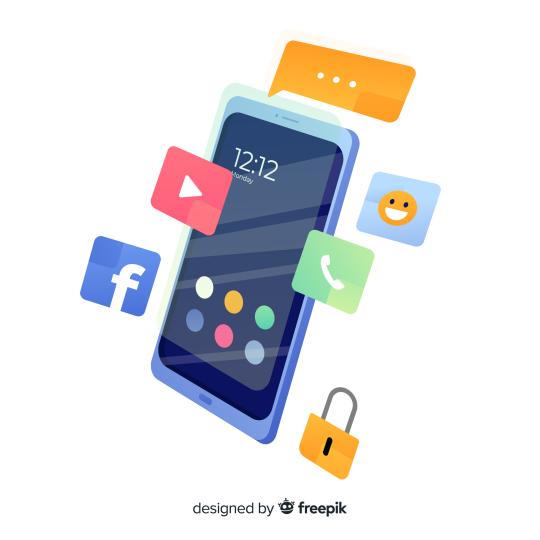
Mobile Application Development: Exploring Android vs. iOS
Mobile application development is one of the fastest-growing fields in technology, with an ever-increasing demand for innovative smartphone applications. Android and iOS dominate the market, each offering its unique features and challenges. In this article, we’ll dive into the key differences between Android and iOS application development and highlight the best practices to ensure successful and efficient development.
Differences Between Android and iOS
A. Programming Language
- Android: Java has traditionally been the go-to language for Android app development. However, Kotlin has become the preferred choice due to its simplicity and full compatibility with Java.
- iOS: Swift is the primary language for iOS development, created by Apple to provide a safer, more streamlined alternative to the older Objective-C.
B. Development Environment
- Android: Android applications are primarily developed using Android Studio, a robust integrated development environment (IDE) that offers powerful tools for writing code, debugging, and testing.
- iOS: iOS applications are developed with Xcode, Apple's official development environment, known for its advanced features, including debugging and testing capabilities.
C. Design and User Experience
- Android: The design for Android apps follows Google’s Material Design guidelines, focusing on simplicity, clarity, and ease of use.
- iOS: iOS design adheres to Apple’s Human Interface Guidelines, prioritizing a visually appealing and flexible user experience.
D. Distribution and Publishing
- Android: Android applications can be published on multiple platforms, including the Google Play Store and other stores like Amazon Appstore, allowing developers to reach a broad audience.
- iOS: iOS apps are exclusively published on the Apple App Store, which has strict quality control and content guidelines.
Best Practices for Mobile Application Development
A. Focus on User Experience
A positive user experience is crucial for your app’s success. Ensure that your design is clean, intuitive, and attractive, with smooth performance across all devices. Avoid clutter and keep the user interface simple.
B. Write Clean and Organized Code
Organize your code to ensure it's easy to read and maintain. Use meaningful comments and follow recognized coding standards to enhance collaboration and code quality.
C. Thoroughly Test the Application
Testing is vital to ensure your app performs seamlessly across all devices. Utilize Android Studio’s and Xcode’s testing tools to detect bugs and ensure compatibility before launching.
D. Consider Security
Security should be a priority in mobile app development. Safeguard user data with encryption and avoid storing sensitive information locally unless absolutely necessary.
E. Utilize System-Specific Features
Take advantage of the unique features offered by each operating system. For example, use Google Play Services for Android apps and Apple’s services for iOS apps to enhance functionality and user engagement.
F. Regular Updates
Frequent updates keep your app fresh and relevant. Address user feedback, improve performance, and introduce new features regularly to maintain user interest and satisfaction.
Conclusion
Mobile application development is a dynamic and competitive field, requiring an understanding of both Android and iOS platforms. By focusing on best practices—such as prioritizing user experience, writing clean code, thorough testing, ensuring security, utilizing system-specific features, and providing regular updates—you can create successful applications that meet user expectations and thrive in the market.
Comments

There are no comments
Please login to leave a review
